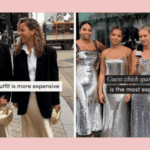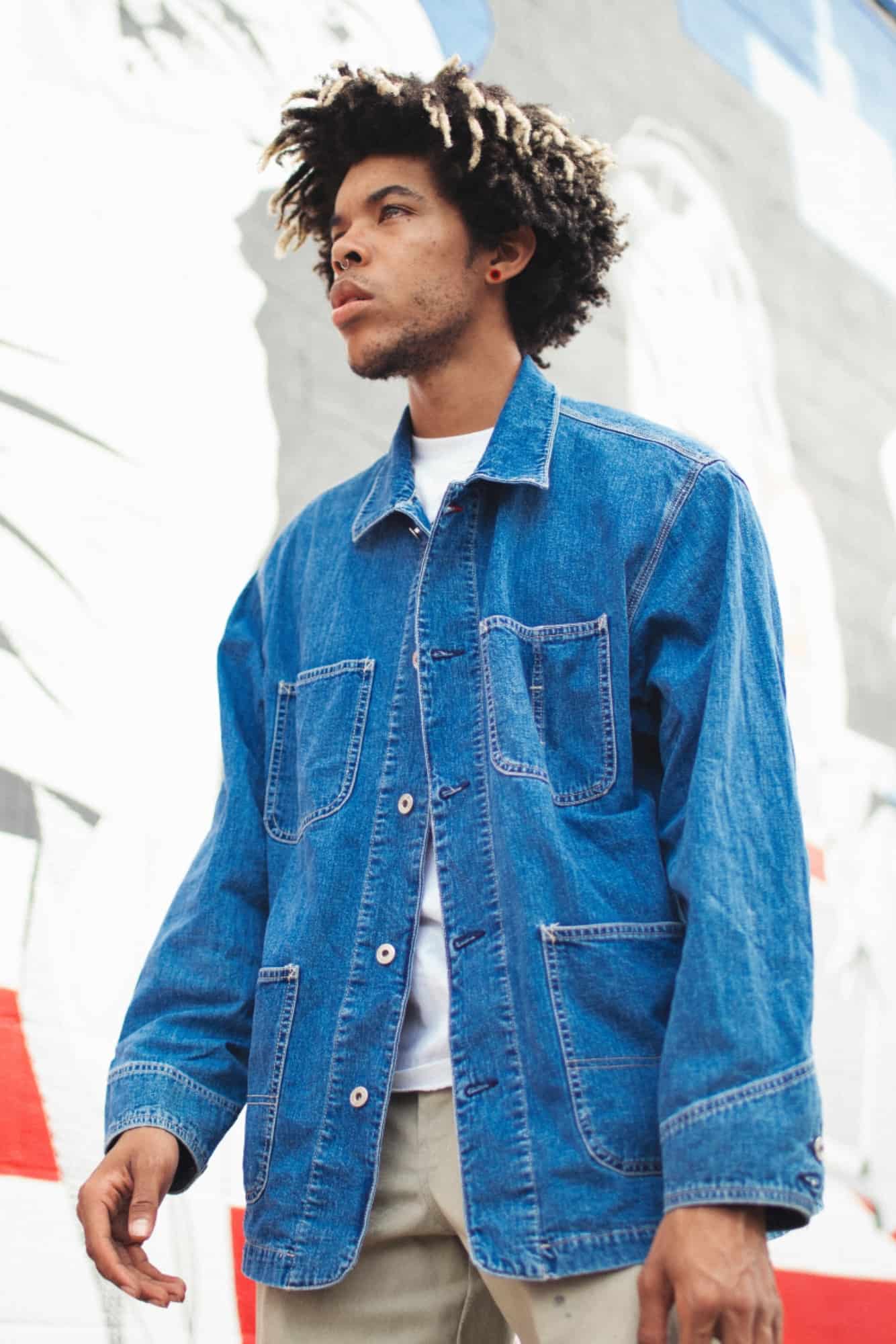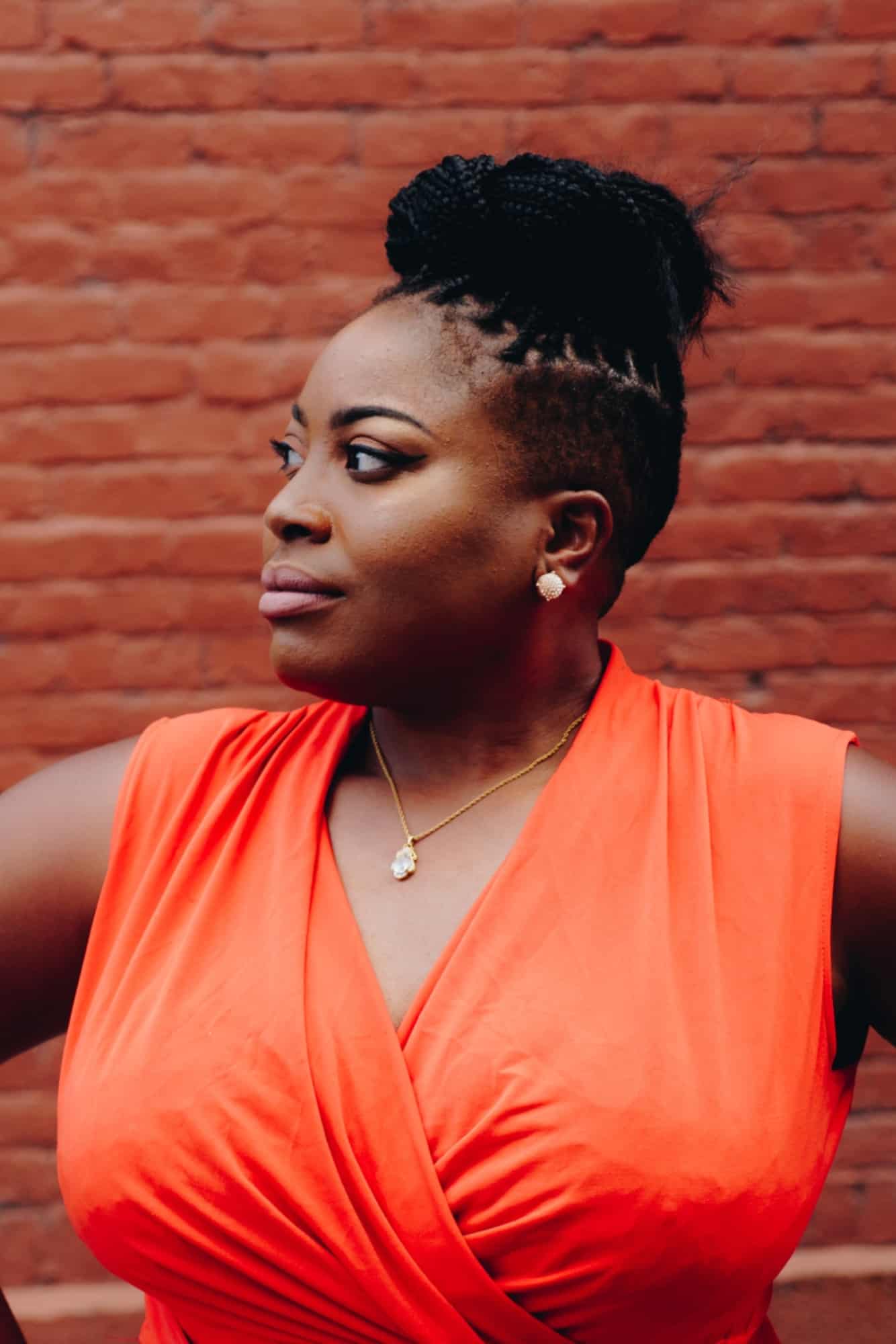A common question of those observing the rise of influencer marketing is what exactly is an influencer? What do people in this rapidly developing role do? It can be hard to cut through all of the media noise around influencers to get to a definitive answer – especially when this noun, and it really is a noun – is interchangeable in industry circles with blogger, vlogger and creator.
The most accurate definition is that an influencer is someone producing editorialised content about their lives and publishing this on social platforms, most prominently Instagram, YouTube and TikTok, but influencers also operate on and drive users to Facebook, Twitter and LinkedIn. Over the course of 2020, emergent platforms such as Clubhouse and Discord have also noticed the positive impact of influencer content and are now investing in these individuals to ensure consumer interest in their platforms remains high and continues to grow.
Although influencers are often reported negatively as people who are continually trying to sell products to their followers, this is not how they grew their audiences and were able to create successful digital platforms. In fact, the early-moving influencers – who were YouTubers, bloggers and in some cases prolific on MySpace – were more akin to entrepreneurs and started publishing content about their lives to forge a connection with people who had similar interests. These people were active on the internet and building audiences as early as 2008 and in most cases did not monetise their platforms until approximately 2012.
You may also like
At this point, brands became curious about how they could utilise the enormous audiences influencers seemed able to command by getting influencers’ endorsement. This is still how many companies use influencers to market their products, but the truly successful influencers are not solely creating sponsored content.
People with ever-growing rapt audiences are continually publishing organic content which exists to entertain or educate. They are sharing tutorials – from makeup lessons to step-by-step cook alongs – and leading in-depth discussions. Many now also have chart-topping podcasts and host audio shows on emergent platforms like Clubhouse and its competitors. They are reviewing trending content formats on TikTok, producing their own version of the trend and in some cases going viral on a weekly basis.
Another strength of truly dedicated influencers is their connection with their audiences. Brands trying to decide which individuals to work with should review the comments sections under their content to get a snapshot of how their followers feel about them and how the influencers are interacting with their audiences. In a functional influencer-built community, the influencer themselves will be talking to their followers and answering their questions, but their followers will also be talking to each other.
Bearing all of this in mind, the best way to view influencers is as independent media brands and publishers who could promote your brand in a way that is relevant to their audiences but only as part of a larger compelling content mix. Because in short, an influencer is someone who is telling stories every single day, the only difference between them and other publishers is that they are entirely focused on the story of their own lives and if they are talented, their audiences can’t get enough.
By Sara McCorquodale, CEO and founder of CORQ, author of Influence: How Social Media Influencers Are Shaping Our Digital Future.










